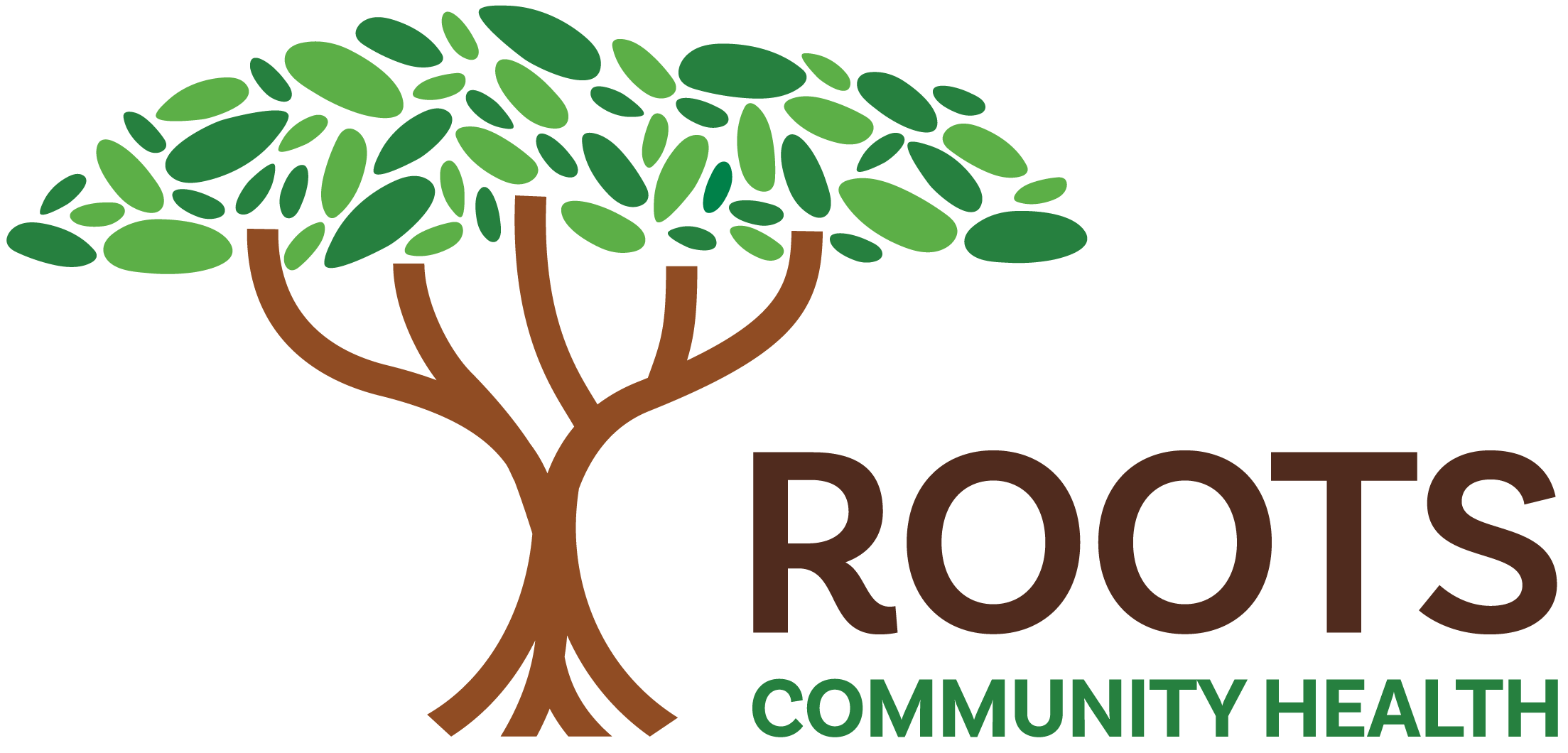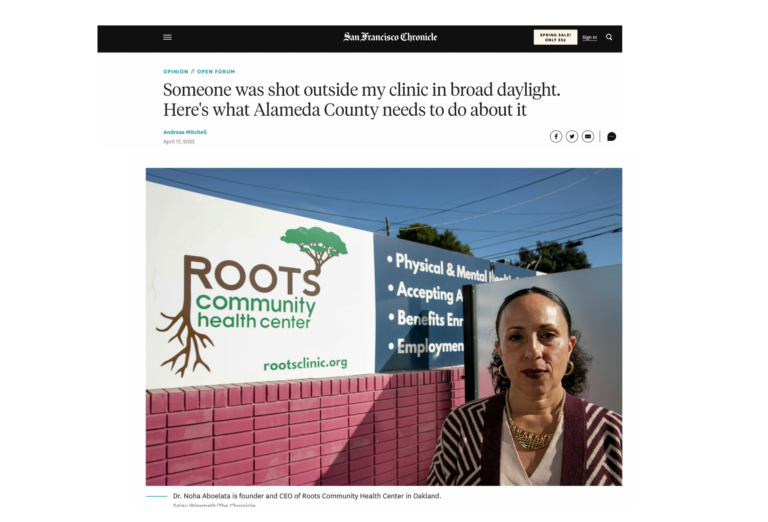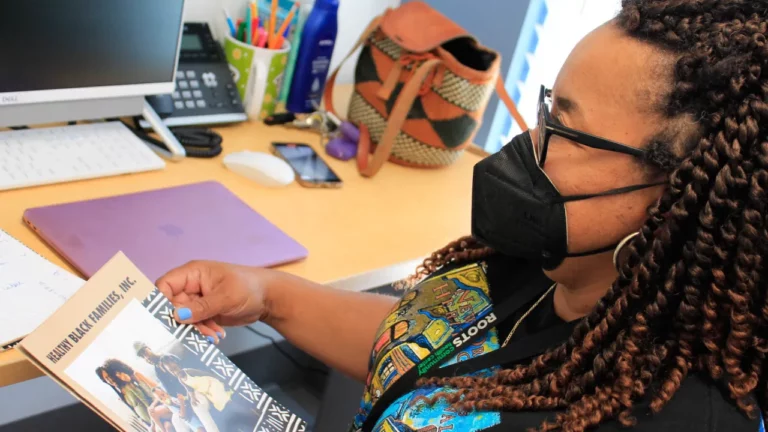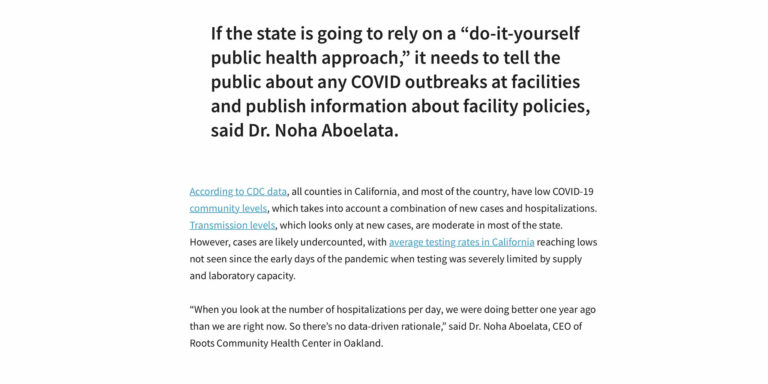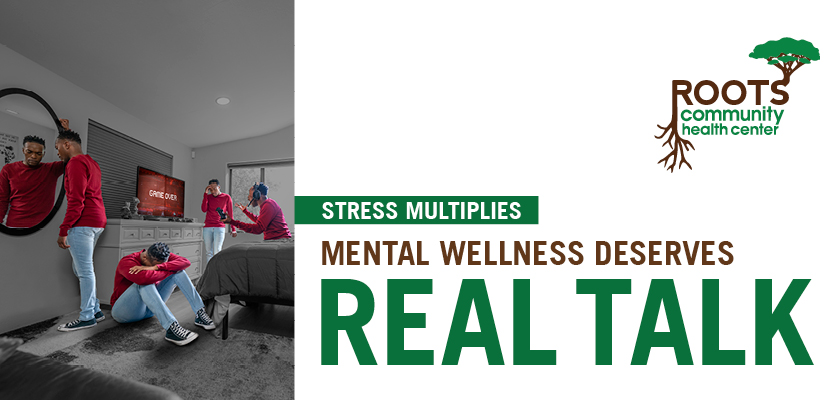“Real” Cultural Competence
Originally Posted on March 4, 2013 by admin
Cultural competence is commonly defined today as the ability to communicate effectively and efficiently with people of different cultures, races and ethnic groups. Communication is the key word. It must also include an awareness and understanding of different cultural experiences, history, thoughts, values, interests, practices, and fears. The aspects of “real” cultural competence must include the acquisition of sufficient skills to allow one to interact seamlessly with other groups while respecting and understanding the real differences that exist. Just being a member of a particular racial or ethnic group does not qualify one as being culturally competent. As the diversity of our country and the world continues to increase, the need for “real” cultural competence in every arena – from education to politics, to every sector of every service industry – will increase.
Nowhere is cultural competence more critical today than in the provision of medical care. Racially, ethnically and culturally diverse patients enter the many types of health care settings as vulnerable humans who experience situations where their differences are not accommodated or respected by the health care community. The difficulties range from understanding informed consent and advance directive information, accessing needed services, or denial of services to outright discriminatory treatment. This undesirable and unacceptable experience is magnified by the historical and deep-rooted feelings they experience every day as a member of a “lower” socioeconomic, racial or ethnic group.
The new concept of a Patient Centered Medical Home requires “real” cultural competence. It mandates a new “Health Care Order”. The patient must play an integral part in their care. A restructuring of the landscape must take place. A redefining of definitions must take place. The practice of medicine cannot continue like in the “good old days”. Just knowing medicine or graduating from a prestigious medical school won’t make you a good provider anymore. A real provider functioning in a real medical home must have keen insight into the experiences, thinking and behavior of his or her patients. Communication will be much more important as a provider will need to treat not only the disease of the patient but must also treat and understand the deep psychological roots that may play a significant role in the treatment process. The provider will need to understand what lies within the hearts and souls of his patients.
The standard today for proclaiming cultural competence is a 14 point document that was created more than 10 years ago by the Office of Minority Health, a division of the Department of Health and Human Services. Needless to say most parts of this document are outdated and unrealistic. It seems to have been without an understanding of “real” cultural competence. The document’s purpose was to instruct people and organizations that were not culturally competent on how to follow the directions to “magically” become culturally competent! The problem with documents like this is that it allows unqualified, culturally incompetent entities to proclaim their newly acquired “knowledge” has made them culturally competent. This mechanism has been used by lecturers, symposium leaders and writers (many who are not culturally competent themselves!) to bestow this quality on others. It’s a false and dangerous designation that is too often held up by many as their proof of cultural competence. Many feel that if they take an ethnic studies class or two, they have elevated themselves to a new level of cultural competence consciousness.
The most important reason one must be culturally competent in the medical arena is that it profoundly affects the quality of medical care. If your patient can understand you and you can understand them, compliance and health outcomes will be significantly better. In the absence of “real” cultural competence, communication is lacking, high quality health care is impossible, efficient health care delivery is very difficult, and it is the patient who suffers.
Many medical organizations have not done the work and looked at their demographic profile. They have not tracked this data which could inform change to profoundly affect health outcomes, quality of care, access to care and progress in the area of correcting health disparities.
Because of the insidious harm caused by a lack of cultural competence in health care, organizations should be graded and compensated on their cultural competence profiles. Entities that successfully provide culturally competent care should be preserved and rewarded, and those who do not should be held accountable. Grades should be given in a manner similar to Joint Commission and NCQA accreditation/certification. And, of course, they should be given by an entity that possesses “real” cultural competence. In this fashion, we can more readily address the persistent, devastating disparities plaguing communities of color across the nation.
Roots Community Consulting Can Help
